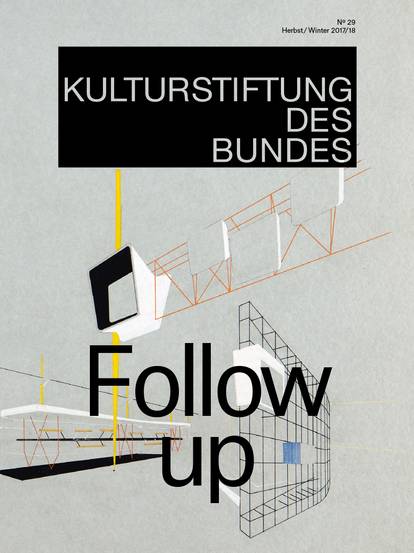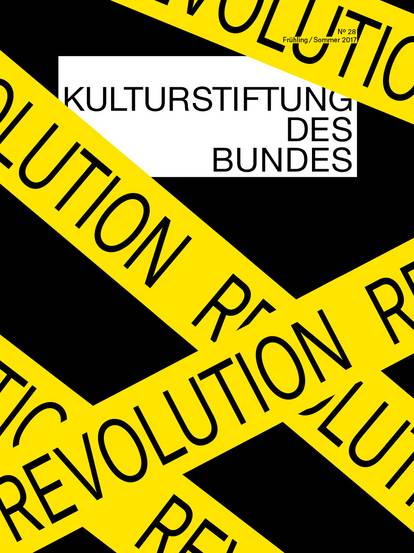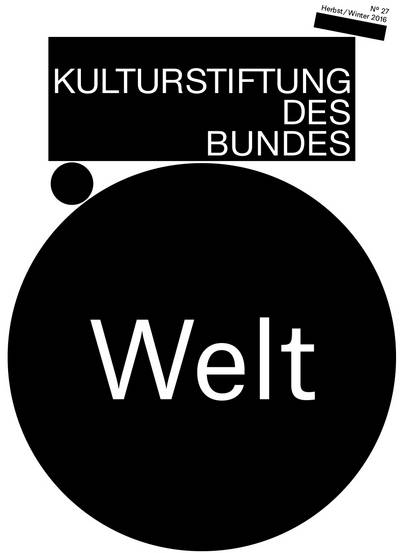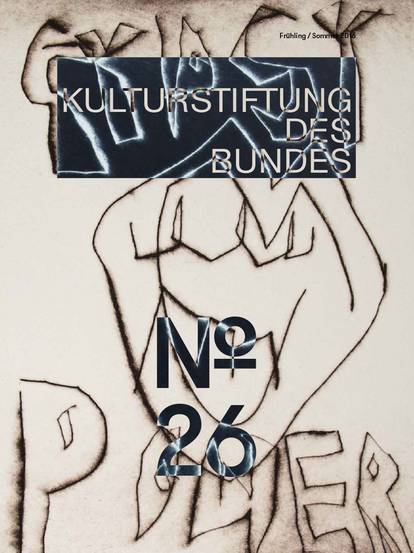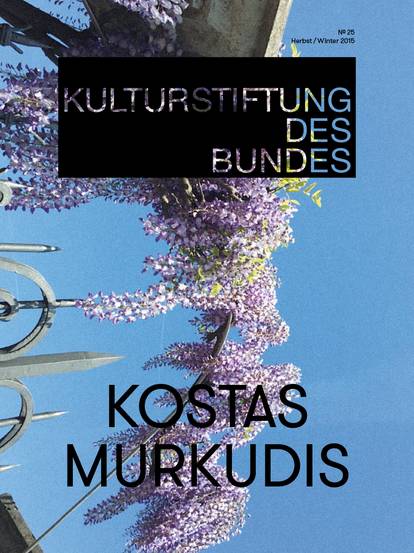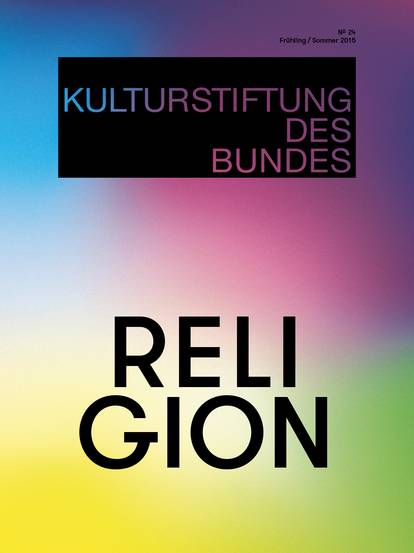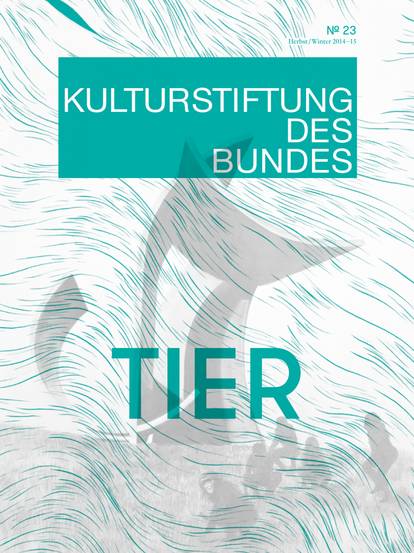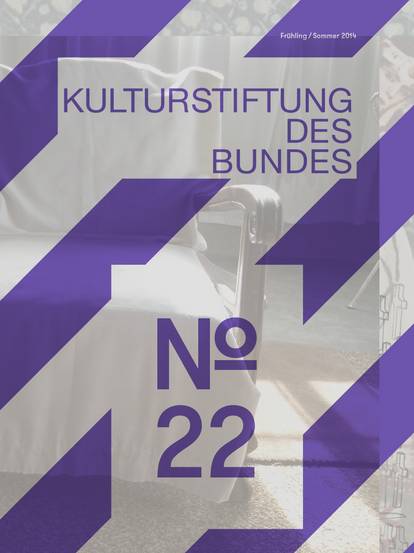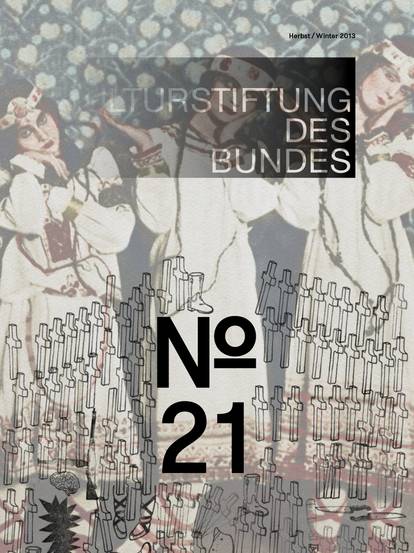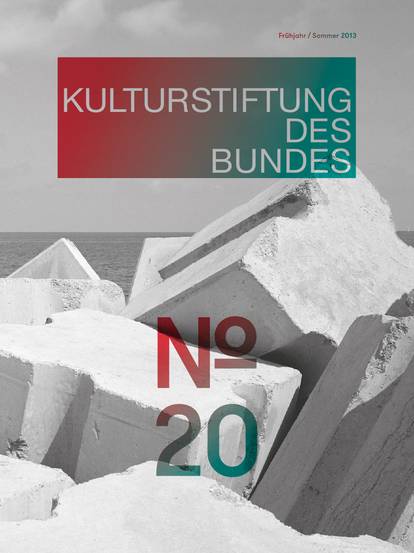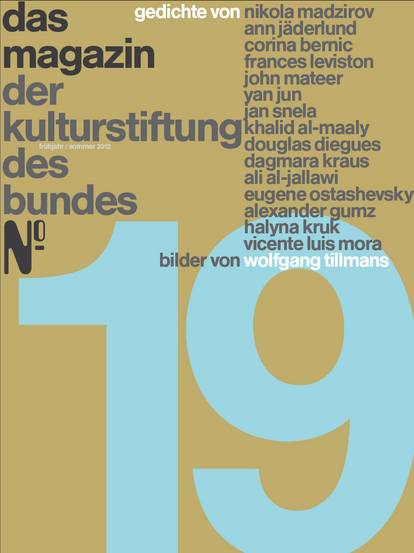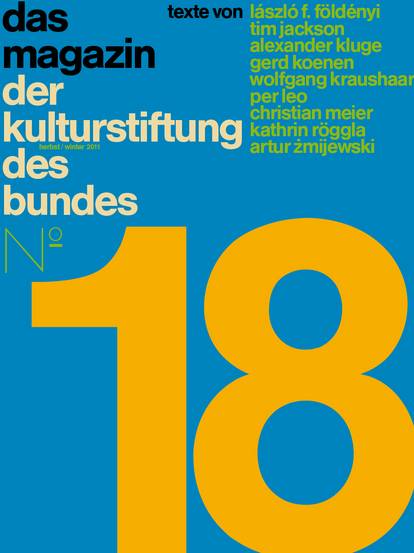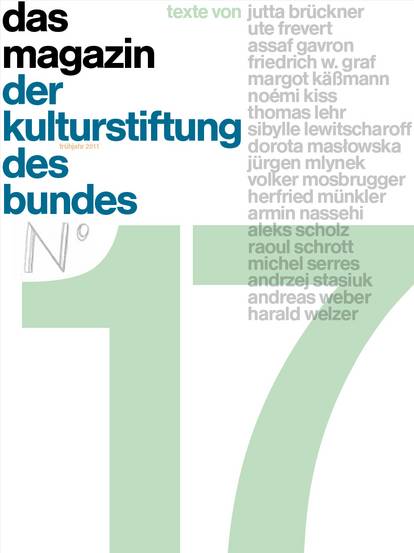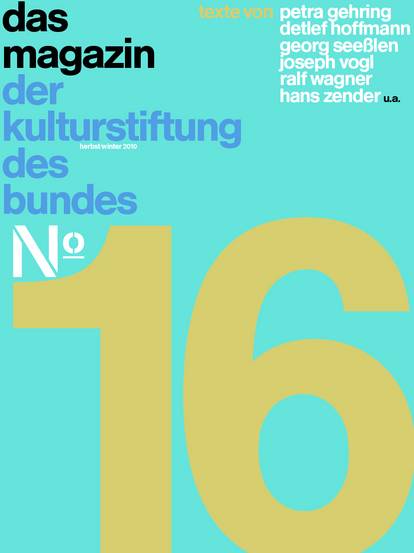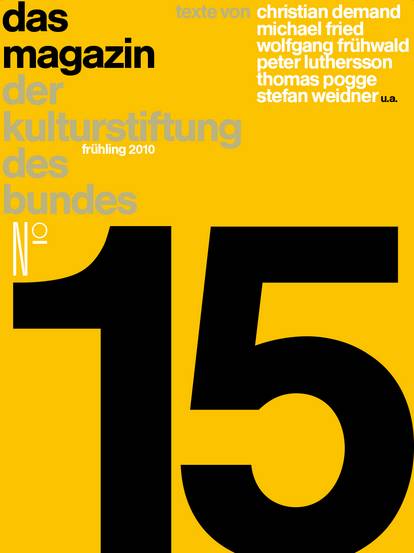How can we recognise crises and then use them to derive maxims for future action? This is the key question in this issue of our magazine. It applies to our social learning behaviour in phases of upheaval and times of emergency – to our “crisis knowledge”, our resource for the future. The more people we asked, the more we realised that our crisis knowledge is not – yet – future-ready.
When we are forced to cope with life-changing events, we arrive at new insights which can help better prepare us for crises yet to come. But these insights do not necessarily align with political priorities, cultural habits and very individual behaviour. Regardless of whether it is the long-term effects of the climate crisis, the acute impact of the pandemic, the reformation of digital democracies in the next 20 years, or matters of economic welfare: there is a gaping chasm between knowledge and action. And well-placed criticism faces obstacles that prevent us from making fundamental changes to how we live and coexist.
In this issue, we interviewed the legal and cultural scholar Jedediah Purdy, the chair of the German Ethics Council Alena Buyx, the technology sociologist Elena Esposito and the media art collective Laokoon, represented by Cosima Terrasse. They describe our times as a period of immense economic, political and cultural change which will require new local and global forms of social coexistence. We wanted to know whether they could name any examples of crisis knowledge being successfully used for coping with crises. What political, civic and cultural protagonists are capable of highlighting the obstacles through established institutions and unacknowledged conventions? In what ways are institutions able to reform their actions and policies from within? Where can we draw the political energy to consciously shape the necessary large-scale changes which we – whether we like it or not – are going to have to confront in Europe and beyond?
We decided to conduct interviews and discussions as a means of exploring the subject. This editorial decision can be regarded as a passionate call to action, in which contradiction and unresolved questions are given ample space. Crisis knowledge is by no means a cut-and-dry form of knowledge; it entails thinking out loud, at best, in dialogue with others. It consists of motifs and themes which are of fundamental importance to all of our interviewees. Thanks to a trail of graphic clues, you can discover these common themes in every text.
The climate crisis is Jedediah Purdy’s subject of research expertise. Even though we all directly experience its impact on our environment, recognise it as a global challenge and no longer debate the urgency to implement countermeasures, Purdy claims that we still haven’t grasped the scope of this crisis intellectually or emotionally. As it is, environmental policy is about taking responsibility for who can live and who must die. In our interview, Purdy ponders the role that realpolitik plays in the necessary establishment of an order of global justice. What we need is a world of images that allows us to understand and experience climate change as a phenomenon that is ultimately destabilising the entire infrastructure of the biotope Earth: a kind of “world theatre”.
The conversation between Elena Esposito and Cosima Terrasse (opens in a new window) from the artist collective Laokoon revolves around the cultural changes which have arisen due to the increasing influence of algorithmic data analysis. When businesses, insurance companies and political organisations draw conclusions about us based on our individual data trails on the web, does it endanger our freedom and personal autonomy as dramatically as Elena Esposito’s research suggests? To explore this question further, Laokoon developed an interactive storytelling website as part of the project “Made to Measure” funded by the German Federal Cultural Foundation. Their artistic data-analysis experiment reveals the fine line between the determining influence of algorithmic profiling and the human desire to control the narrative of one’s personal life story. Esposito and Terrasse reflect on why people – despite knowing better – contribute to building a data-driven form of capitalism through their online behaviour. And they too seek approaches for technical and political interventions.
Finally, Alena Buyx (opens in a new window), chairwoman of the German Ethics Council, shares her thoughts with political economist Robert Lepenies about the practical side of crisis management, the increase in knowledge, as well as feelings of fear and helplessness in the last one and a half years of the pandemic. As she sees it, we must work to prevent social learning experiences from being hijacked by political reality and to stabilise them. Crucial to this, she claims, is a new positive relationship to state institutions. Their regulating capabilities in times of crisis must be strengthened and their subject-related expertise must be allowed to gain influence beyond single legislative periods. Looking ahead, Buyx sees a transition to an era in which exceptional circumstances will become a part of normality and adapting to them will be necessary on a regular basis.
In her literary contribution, Stefanie de Velasco ponders on what kind of adjustments will be required of the arts so that they provide orientation in a reality shaped by crises. “What texts do I need in order to manage the present, to endure, understand, feel and shape it?”
The paintings, drawings and performative works by the artist Nicholas Grafia convey experiences of crisis in a very personal way. His figures can only come in contact through transformation, adaptation and camouflaging. And yet the possibility of self-empowerment seems to lie in this transformative power when crisis knowledge becomes crisis action.
Hortensia Völckers, Kirsten Haß
Executive board of the German Federal Cultural Foundation

![[Translate to English:] Magazine 38](/fileadmin/_processed_/f/1/csm_Magazin38_Cover-Vorschau_921x1230_689f428dc3.jpg)
![[Translate to English:] Magazine 37](/fileadmin/_processed_/b/c/csm_Mag37_Cover-Vorschau_921x1230_b5129fdb2a.jpg)
![[Translate to English:] Magazine 36](/fileadmin/_processed_/2/a/csm_Cover_Magazin36__issuu_2f3cef97bb.jpg)
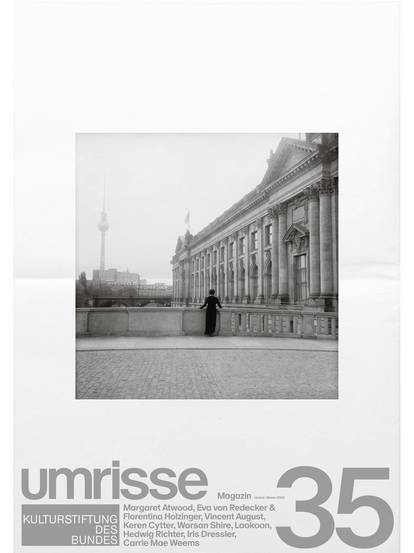
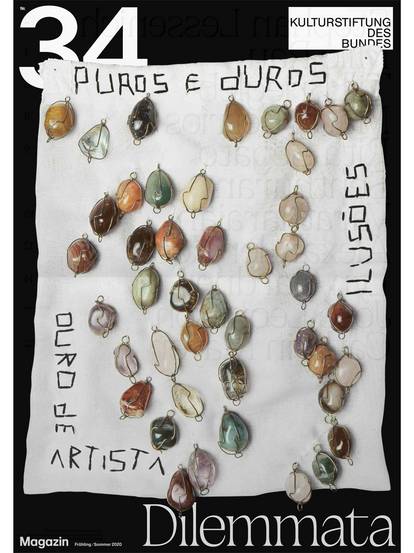
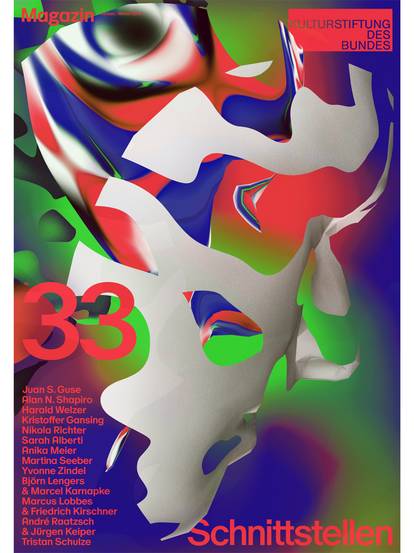
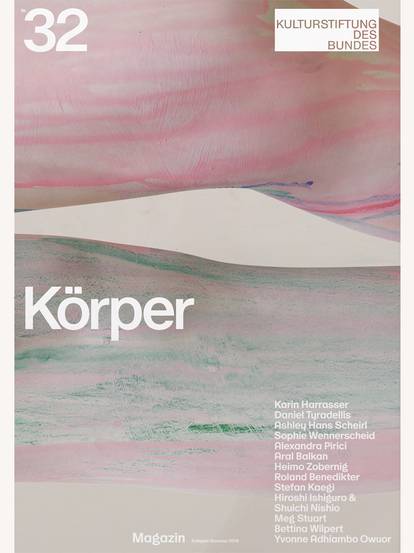
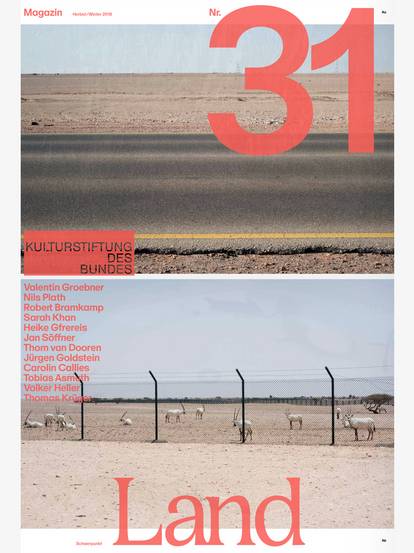
![[Translate to English:] Magazine 30](/fileadmin/_processed_/c/b/csm_magazin30_vorschau_9005f773d3.jpg)
